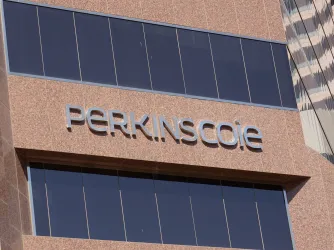Table of Contents
‘New York Times’ Columnist David Brooks Calls for End to Speech Codes

As advocates for free expression struggle to come to terms with last week’s tragic and deadly attack against the satirical French magazine Charlie Hebdo, many are asking questions about what this means for freedom of speech everywhere, including in the United States.
Last Thursday, New York Times columnist David Brooks asked those who have taken up the cause of free speech in response to the horrific violence against Charlie Hebdo cartoonists to defend speech at all times, even closer to home. If you missed it, it’s well worth a read. In particular, Brooks wonders about Americans’ commitment to defending free speech on college campuses:
The journalists at Charlie Hebdo are now rightly being celebrated as martyrs on behalf of freedom of expression, but let’s face it: If they had tried to publish their satirical newspaper on any American university campus over the last two decades it wouldn’t have lasted 30 seconds. Student and faculty groups would have accused them of hate speech. The administration would have cut financing and shut them down.
[...]
Just look at all the people who have overreacted to campus micro-aggressions. The University of Illinois fired a professor who taught the Roman Catholic view on homosexuality. The University of Kansas suspended a professor for writing a harsh tweet against the N.R.A. Vanderbilt University derecognized a Christian group that insisted that it be led by Christians.
Americans may laud Charlie Hebdo for being brave enough to publish cartoons ridiculing the Prophet Muhammad, but, if Ayaan Hirsi Ali is invited to campus, there are often calls to deny her a podium.
Brooks points out that censorship, whether achieved by regulation or by violence, is antithetical to a free society:
If you try to pull off this delicate balance with law, speech codes and banned speakers, you’ll end up with crude censorship and a strangled conversation. It’s almost always wrong to try to suppress speech, erect speech codes and disinvite speakers.
In closing, Brooks asks that we unequivocally stand by freedom of speech every day, as many do now.
The massacre at Charlie Hebdo should be an occasion to end speech codes. And it should remind us to be legally tolerant toward offensive voices, even as we are socially discriminating.
Read the rest of Brooks’s column in The New York Times.
Recent Articles
FIRE’s award-winning Newsdesk covers the free speech news you need to stay informed.

FIRE POLL: Only 1/4 of Americans support deporting foreigners for pro-Palestinian views

Harvard’s resistance to Trump is a model for US universities

Sixty-one media organizations and press freedom advocates contest Perkins Coie executive order — First Amendment News 466
